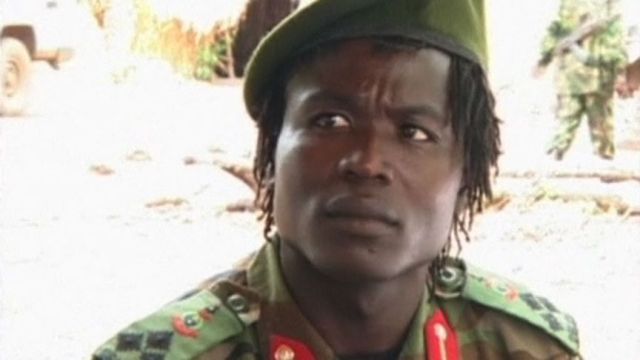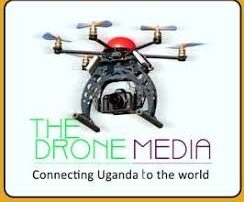Dominic Ongwen guilty of war crimes
By Our Correspondent
The International Criminal Court has convicted a Ugandan child soldier-turned-Lord’s Resistance Army (LRA) commander of war crimes and crimes against humanity.
The Netherlands-based court on Thursday found Dominic Ongwen, 45, guilty of charges relating to crimes including murder, sexual enslavement, abducting children, torture and pillaging carried out in the early 2000s.
In a legal first, Ongwen was also convicted for the crime of forced pregnancy.
“There exists no ground excluding Dominic Ongwen’s criminal responsibility. His guilt has been established beyond any reasonable doubt,” presiding Judge Bertram Schmitt said as he read out the verdict.
He could now be imprisoned for life, though judges will address his sentencing at a later date. His lawyers had asked for an acquittal.
The case is the first at the tribunal in The Hague to involve an alleged perpetrator and victim of the same war crimes, with Ongwen himself having been abducted by the LRA as a child.
Schmitt said that Ongwen’s history as an abducted child turned fighter could be considered at the sentencing stage of the trial.
But he made clear: “This case is about crimes committed by Dominic Ongwen as a fully responsible adult as a commander of the LRA in his mid-to late 20s”.
Al Jazeera’s Step Vaessen, reporting from The Hague, said Ongwen’s case was “morally the most complicated” the ICC had ever dealt with.
“The main question has been can a former child soldier be held accountable for the crime he has submitted? And the crimes are numerous. The ICC has not seen such a list of war crimes before,” she said.
“[But] The defence has always said that he is mentally unstable, that he was indoctrinated, [and] he never had a way to form his consciousness.”
Kristof Titeca, a senior lecturer at the University of Antwerp, and an expert witness during Ongwen’s trial added the case had raised a “huge grey area which is difficult to determine in international law, which thinks in terms of victims and perpetrators”.

“It is a huge dilemma between structure and agency,” Titeca told Al Jazeera.
Under the leadership of fugitive rebel Joseph Kony, the LRA terrorised Ugandans for nearly two decades as it battled the government of President Yoweri Museveni from bases in the north of the country and in what is now South Sudan, the Democratic Republic of the Congo and the Central African Republic.
In 2004, the Ugandan government referred the conflict with the LRA to the ICC, the world’s first permanent tribunal for war crimes, crimes against humanity and genocide.
The United Nations says the LRA killed more than 100,000 people and abducted 60,000 children during its campaign of violence, which ended in 2005 when military pressure forced the armed group out of Uganda and its members scattered across parts of central Africa.
